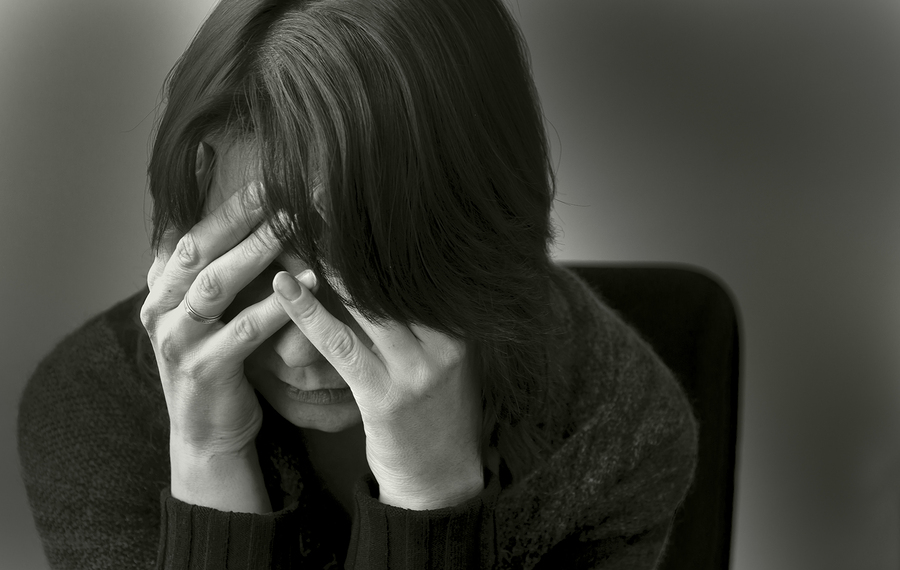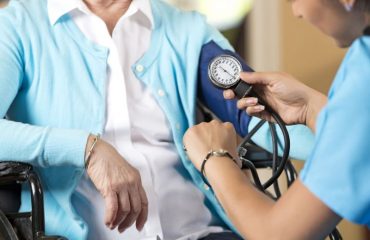Introduction
Depression is a major medical condition that affects millions of people. Little focus is given to the risks older age presents. Depression can affect older adults and, unfortunately, older adults are often less equipped to handle it. Aging presents different challenges than early and middle life and therefore needs to be approached differently. Read our tips below.
Major Depressive Disorder
Major Depressive Disorder is the clinical name for what people commonly refer to as depression. It is a mood disorder that occurs more often in women than men, but occurs in 10- 20% of the population throughout their lifetime. It often occurs in the third decade of life. Researchers and physicians believe that there is a genetic component and a psychological component. In favor of the former, the first-degree relatives of patients with depression are themselves more likely to develop depression. Identical twins also have an increased risk if one twin has depression. There is also a psychological component in that people who undergo traumatic or stressful experiences are more likely to experience depression. Lastly, chronic health conditions like Crohn’s Disease, Alzheimer Disease, and Systemic Lupus Erythematous create an increased risk for depression.
Depression is a clinical diagnosis, meaning it must meet certain clinical criteria. In particular, patients must experience five or more of the nine symptoms below for more than 2 weeks with at least one of the symptoms being a depressed mood or little interest in doing thing. The symptoms are as follows:
1. Depressed mood for most of the day
2. Sleep disturbance (sleeping too much or sleeping too little)
3. Anhedonia
4. Feelings of worthlessness or disproportionate guilt
5. Fatigue or loss of energy
6. Diminished concentration, cognition, and ability to make decisions
7. Weight gain or loss due to appetite change
8. Physical agitation or slowing down of movements
9. Suicidal ideation
These symptoms must impair major aspects of life, like school or work. Additionally, they must not be due to other medical diseases, substance use, another psychiatric disorder. If the person has experienced an episode of mania or hypomania, these symptoms cannot be classified as Major Depressive Disorder but rather as a different mental condition.
Risks of Depression in Older People
Late-life events like chronic illnesses, death of loved ones, and isolation can increase the chances of experiencing depression. Even expected setbacks like joint pain, vision changes, or minor medical conditions, can make people feel more isolated and trigger feelings of depression.
Additionally, there is some evidence that natural body changes that occur with aging may increase a person’s risk for depression. For example, older adults often suffer from vitamin deficiencies due to changes in diet and social isolation that causes them to change their eating habits. Deficiencies in Vitamin B12 and Folate can cause mental symptoms like changes in mood and concentration.
Depression in older adults is especially concerning because it is associated with worse outcomes. In particular, older adults with depression have increased mortality rates, more feelings of loneliness, and less satisfaction with their lives.
Actions to Take for Older Adults
The first step to take is to acknowledge that depression is a real medical condition that can adversely affect one’s life. The next step to take is to ask for help. Some people may feel more comfortable only approaching their doctor. Other people may feel comfortable approaching their family and friends in addition to their doctor.
If you do not feel comfortable telling anyone about your feelings, the best first step to take is to confront yourself. Ask yourself where in your life you may feel isolated, what other factors may be affecting your mental health, and where you could turn to for help. Asking for help is not easy, but these baby steps can help you feel more comfortable.
Summary
Older adults are at an increased risk for depression, a major medical condition associated with worse outcomes in older adults. While many people are not comfortable talking about their mental health, it is important to acknowledge deteriorating mental health to avoid the increased mortality rates and worse quality of life associated with depression.
Physicians, friends, and family are often fantastic resources for patients. Contact the Anti-Aging and Wellness Clinic to learn more about healthy aging and the steps you can take to improve your mental health today.








